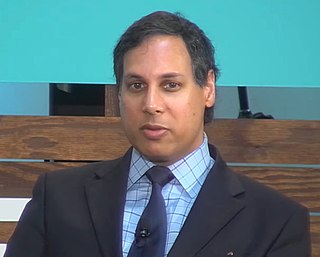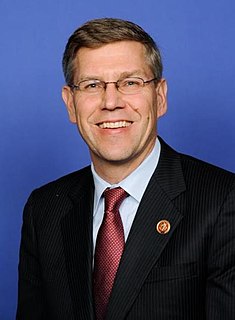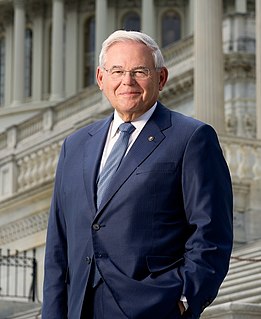A Quote by Fareed Zakaria
Related Quotes
People who know the economy is rigged in favor of big money, people who know that our middle class continues to decline and we have to go outside of establishment politics and economics, people who know that we need to reform a broken criminal justice system and we need comprehensive immigration reform.
I think, again, the overall intellectual structure of the speech is very much consistent with what Donald Trump has been saying on the campaign trail. He's against free trade. He's against immigration. But he has been in favor of tax reform, and he has been afraid of - in favor of developing American energy sources like through fracking or hydraulic fracturing.
Financial institutions are not being bailed out as a favor to them or their stockholders. In fact, stockholders have come out worse off after some bailouts. The real point is to avoid a major contraction of credit that could cause major downturns in output and employment, ruining millions of people, far beyond the financial institutions involved. If it was just a question of the financial institutions themselves, they could be left to sink or swim. But it is not.
As Congress debates overhauling the nation's health care system, it should not authorize a reform plan that would further our financial woes. We must avoid creating an unsustainable government program. There is no question that reform is needed, but health care can be made more affordable without massive and expensive new bureaucracies.
Obama seemed poised to realign American politics after his stunning 2008 victory. But the economy remains worse than even the administration's worst-case scenarios, and the long legislative battles over health care reform, financial services reform and the national debt and deficit have taken their toll. Obama no longer looks invincible.

































